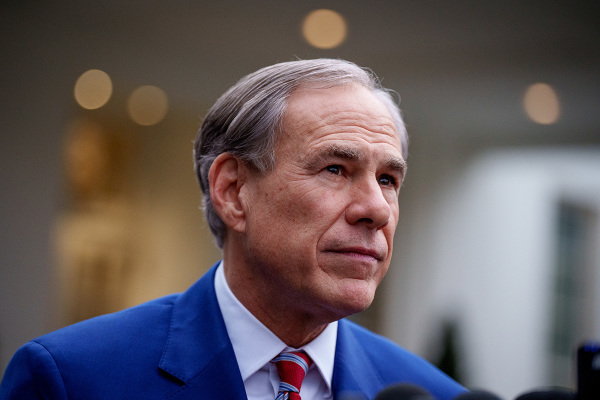HHS Mandates Birth Control For Women Without Co-Pay
The U.S. Department of Health and Human Services announced Monday that as of August 1, 2012, health insurance plans would be required to cover birth control as well as several other women’s preventative services without co-pay.
As part of the Affordable Care Act, the Institute of Medicine was commissioned to review women’s health services and recommend the preventative services that would most benefit women. The IOM released their recommendations in July and the HHS has now approved them.
“These historic guidelines are based on science and existing literature and will help ensure women get the preventive health benefits they need,” HHS Secretary Kathleen Sebelius in a statement.
In addition to free contraception, insurers must now provide women with free coverage for screenings for conditions gestational diabetes, testing for HPV, screening for HIV, breast feeding support and counseling on sexually transmitted diseases.
Supporters hail the decision as a step in not only keeping women healthy, arguing that contraception can be used not only to prevent unwanted pregnancies, but also to make pregnancies healthier by allowing women to space more time in between births.
Research shows that approximately 18 months to two years between pregnancies improves the health of both mother and child and reduces the risk of complications associated with closely spaced births such as “prematurity, low birth weight and autism.”
“Covering birth control without co-pays is one of the most important steps we can take to prevent unintended pregnancy and keep women and children healthy,” Dr. Vanessa Cullins, vice president of Medical Affairs for Planned Parenthood, said following IOM’s recommendation.
Findings from the Guttmacher Institute indicate that a decrease of unwanted pregnancies could also save the government money by freeing up money that would otherwise be used by Medicaid and the Children’s Health Insurance Program.
Many who oppose the decision have also spoken out, saying that they feel it undermines people’s moral or religious convictions against contraception.
The regulation includes an exemption that allows religious initiations that offer health insurance to their employees the option to decide whether or not they want to cover contraception services.
But Jeanne Monahan, director of Family Research Council's Center for Human Dignity, commented, "HHS offered a fig leaf of conscience protection for certain churches that fulfill very specific criteria. However, religious groups that provide social services, engage in missions work to people of different religious faiths, religious health insurance companies, let alone religious health care providers and individuals in such health plans are not protected from any discrimination whatever.
"The new rule will force many Americans to violate their consciences or refrain from participating in health care insurance, further burdening an already costly system."






















